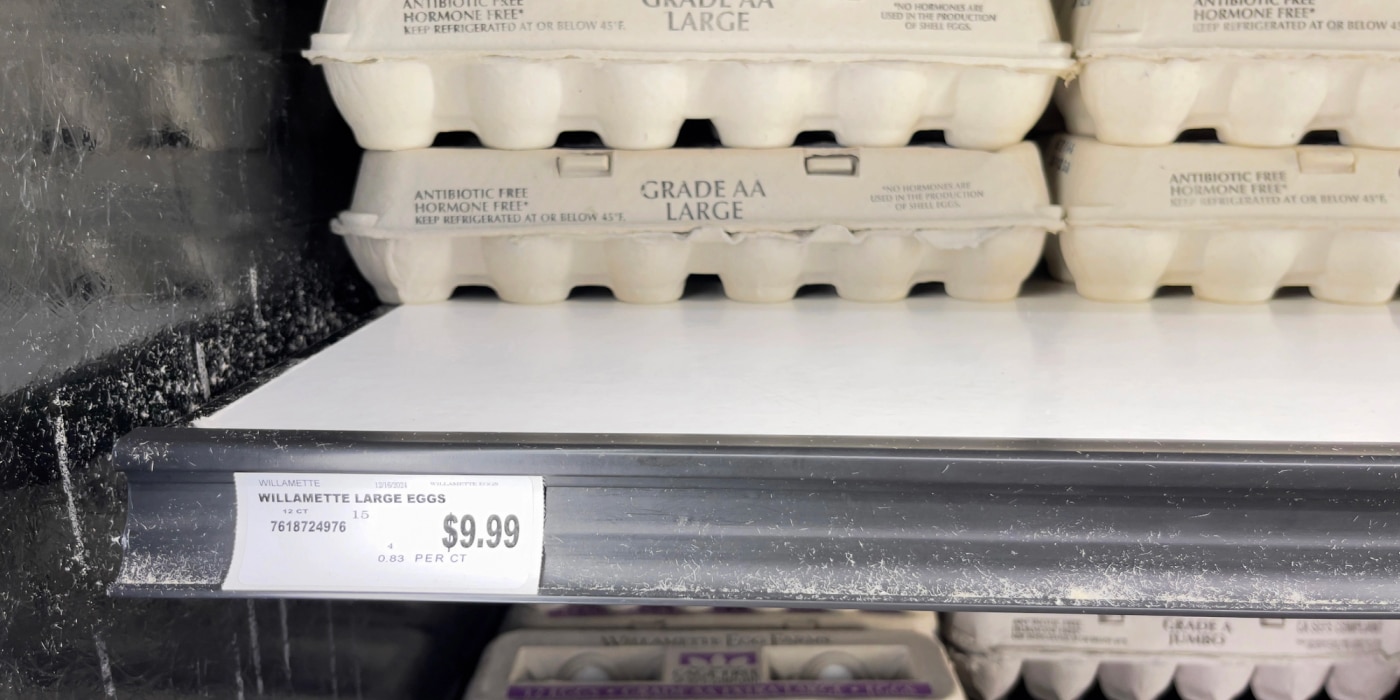Key Factors Driving the Popularity of Discount Grocery Stores
In recent years, discount grocery stores have transformed from budget-friendly alternatives into mainstream shopping destinations. Discount grocers, such as Aldi and Lidl, not only save consumers money but also deliver quality products and an increasingly pleasant shopping experience. With inflationary pressures, changing consumer preferences, and an increasing focus on value, more shoppers are turning to discount grocery chains for their everyday essentials.
Here’s a look at key factors driving the popularity of discount grocery stores and what the future holds for the expanding industry.
Rising Food Prices and Economic Uncertainty
Rising food prices and economic uncertainty have pushed more consumers to seek budget-friendly shopping options. Shoppers are looking for ways to stretch their dollars without sacrificing quality as they face rising inflation. Grocery inflation increased 1.9% over the past 12 months. Categories with the biggest yearly rates were meats, poultry fish and eggs (6.1%) and non-alcoholic beverages (2.2%), according to the latest Consumer Price Index report from the U.S. Bureau of Labor Statistics.
Over 90% of shoppers have made at least one change in their grocery shopping habits to combat rising food prices, according to a report from FMI. Discount grocers enable budget-conscious shoppers to buy essential goods at lower prices than traditional supermarkets. For many consumers, the savings they can find in discount grocery stores significantly reduce their monthly grocery bills. About 88% of shoppers said Aldi helps them stay within their budgets, according to a new report by Aldi.

Enhanced Private Label Offerings
Private-label products have become a key strategy for discount grocery stores, allowing them to offer exceptional quality at a lower cost while simultaneously boosting their profit margins. Many shoppers are willing to try store-brand products that can match or even surpass the taste and quality of national brands at a fraction of the cost. These private-label options help discount stores compete with traditional supermarkets without relying on expensive national brands.
Lidl is strongly focused on private label products. One of the retailer’s focuses is on its fresh categories, which includes a selection of produce, bakery, meat, poultry, and fish. The discount grocer is also focused on carrying more private label products and fewer branded items as customers ask for more affordable items. Lidl has increased the frequency of fresh product deliveries to its stores as it aims to guarantee maximum freshness of its products.
Shift to Digital and eCommerce
While discount grocers have traditionally focused on in-store shopping, many are now adopting digital strategies and offering online ordering and delivery options to keep up with changing consumer habits. Grocers have also launched mobile apps with digital coupons and personalized discounts, providing a more convenient and tailored shopping experience.
Discount grocery chain Save a Lot recently debuted its first loyalty program, called Save A Lot Rewards. Provided via mobile app, Save A Lot offers points for shoppers to redeem for rewards at their local store. The app also features exclusive coupons and deals to deliver additional value for Save A Lot shoppers. By integrating digital platforms and services into their retail operations, discount grocery chains have positioned themselves as strong competitors in the evolving grocery landscape.

The Future of Discount Grocery Stores
The discount grocery sector will continue to grow as economic pressures, digital advancements, and consumer preferences evolve. With more shoppers prioritizing affordability, convenience, and quality, discount grocery stores will remain a dominant force in the industry. Major discount grocery chains are expanding their store networks, making it easier for shoppers to access budget-friendly groceries. Aldi intends to open over 225 stores in 2025, the most stores to be unveiled in one year during its nearly 50-year history.
Discount grocery chains are also expanding their order fulfillment and delivery capabilities. Save A Lot recently opened a micro-fulfillment center in Brooklyn, New York, through partnerships with Fabric, a provider of automated fulfillment solutions, and on-demand delivery provider Uber. Fabric’s robotic storage system and automation solutions can assemble 50-item orders in 6-8 minutes, allowing for 30-minute pickup and delivery options. The discount grocer plans to continue bolstering its last-mile delivery options by moving further in New York City.
As discount grocers continue to refine their business models and expand their presence, they are redefining where consumers shop for food. With a continued focus on affordability, quality, and convenience, discount grocery stores are well-positioned to remain a popular shopping destination.
For more information about how our delivery management solution can help you manage your delivery operations more efficiently, please contact info@bringoz.com.
